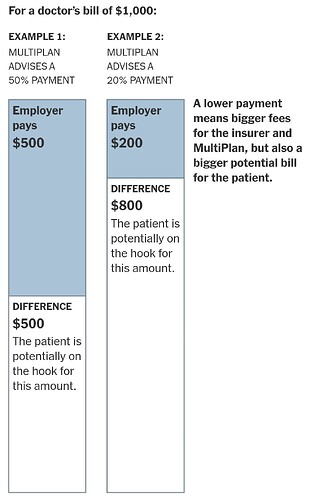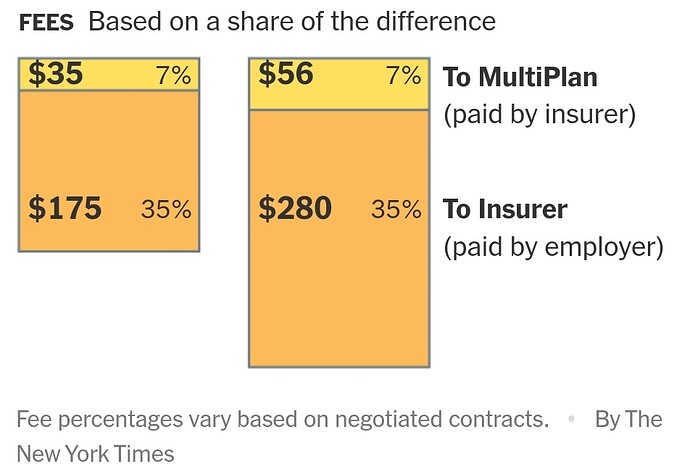The side effects are rare. I was one that had the side effects and even the they weren’t too bad, just some muscle pain. So I switched to an alternative that was more expensive but didn’t have side effects. My understanding is that statins are preferred because they’re cheap and effective for what they do.
This question comes up constantly and I kind of don’t get it. The side effects people fear are generally not permanent and go away if you come off of the drug. So if you’re convinced that it may help you, why not try the drug, see if you experience the side effects and then reassess at that point?
I’ve been on atorvastatin for a year+. No side effects for me so far.
I blame my parents I think. In an effort to try to help me stay underweight they always told me about the horrors of the side effects of Statins.
Thanks for the info, everyone. Its very helpful
I’ve been on Rosuvastatin for over 2 years with no issues
I’m on Atorvastatin. Don’t really know any issues with me taking it but I am on a large number of medications and only two of them can I notice taking versus not taking.
This is what I have been prescribed. Will begin taking it today, thanks all for the personal stories
Beginning Skyrizi today for psoriasis. Had a really bad outbreak in January after getting Strep that hasn’t gone away.
By some miracle it’s $0 out of pocket for me.
Mark Cuban on the pharmacy industry
The most common way Americans get health coverage is through employers that “self-fund,” meaning they pay for their workers’ medical care with their own money. The employers contract with insurance companies to administer the plans and process claims. Most medical visits are with providers in a plan’s network, with rates set in advance.
But when employees see a provider outside the network, as Ms. Lawson did, many insurance companies consult with MultiPlan, which typically recommends that the employer pay less than the provider billed. The difference between the bill and the sum actually paid amounts to a savings for the employer. But, The Times found, it means big money for MultiPlan and the insurer, since both companies often charge the employer a percentage of the savings as a processing fee.
the article immediately following. get the guillotines
a tool backed by private equity is helping insurers make billions of dollars and shift costs to patients.
The tool, Data iSight, is the premier offering of a cost-containment firm called MultiPlan that has attracted round after round of private equity investment since positioning itself as a central player in the lucrative medical payments field. Today Hellman & Friedman, the California-based private equity giant, and the Saudi Arabian government’s sovereign wealth fund are among the firm’s largest investors.
…
Often, when someone gets insurance through an employer and sees a doctor outside the plan’s network, the insurer routes the bill to MultiPlan to recommend an amount to pay. Both MultiPlan and the insurer receive processing fees from the employer, usually based on the size of the final payment: the smaller the payout, the bigger the fees.This business model has made Data iSight a cash cow. Of the handful of tools MultiPlan offers insurers, Data iSight consistently makes the most frugal recommendations, typically resulting in the highest fees.
That is fucked up.
My hatred for private equity knows no bounds. Parasites.
Yeah, my kid’s ADHD meds are always delayed and then cost like $70+ for 30 pills with insurance. Of course, I then ask the pharmacist to check Singlecare and other discounts and the price magically gets cut in half.
Not sure where this goes, but as I’m filling out my taxes and initially getting pissed that a disbursement from an HSA was going to get taxed (if its for a medical expense its not taxed) it occurred to me that if we had single payer the IRS would have to spend less ftes and money and computer upgrades etc… on calculating the tax implications of medical payments.
One of my beta blockers is experiencing this. Had to switch to a different one. If that goes shortage Ill have no choice but to go non-generic
But that wouldn’t make money for big corp; so it’s a no go.
Capitalism is super efficient, right…? For somebody.
This is tilting AF, but I actually don’t think this specific problem would necessarily go away with single payer. The HSA could still be used for things like dental, vision (glasses, contacts, lasik), etc. Also for stuff like copays (single payer wouldn’t necessarily eliminate those).
I guess since there were be a lot less medical expenses, fewer people might want HSAs (so maybe IRS’s job gets easier due to that), but if you have one and want to use it for stuff that is health care related, then you are going to deal with the same shit.
I mean the real problem is that HSAs exist in the first place. Yet another way to starve the system of tax dollars from (mostly) relatively well-off people.

